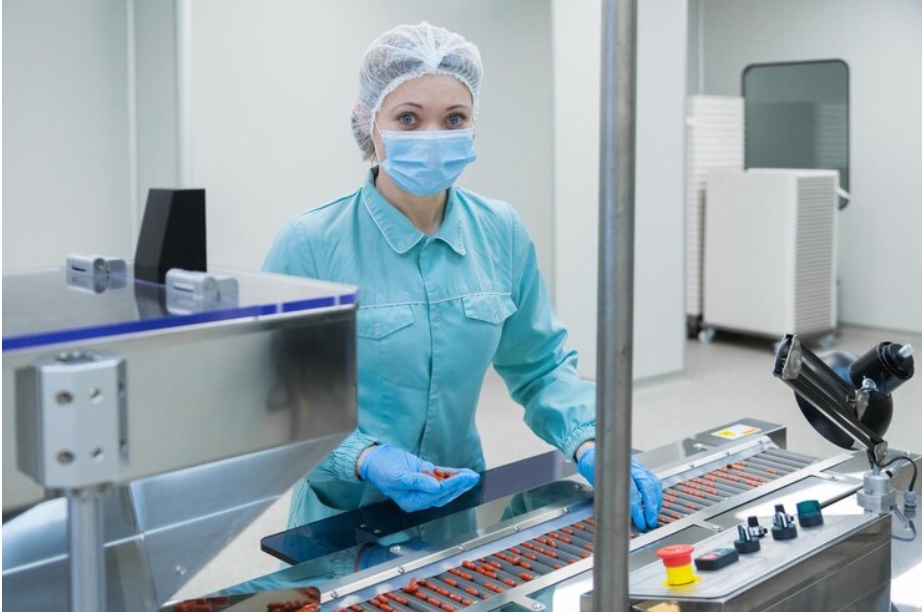In the pharmaceutical industry, accuracy is paramount. From ensuring the correct dosage of medication to maintaining product integrity and safety, precision in pharmaceutical packaging operations is crucial. Even the smallest error can have significant consequences, ranging from compromised patient health to regulatory fines and damage to a company’s reputation. To mitigate these risks and enhance accuracy in pharmaceutical packaging, industry professionals must adopt innovative technologies, implement rigorous quality control measures, and prioritize employee training and development. According to Research conducted by NCBI highlighted that companies investing in advanced packaging technologies experienced a noteworthy decrease in packaging errors and a concurrent enhancement in overall operational efficiency.
Understanding the Importance of Accuracy
Before delving into strategies for enhancing accuracy in pharmaceutical packaging, it’s essential to recognize why precision matters. Inaccuracies in packaging can lead to incorrect dosages, mix-ups between different medications, or even contamination, all of which pose serious risks to patient health. Moreover, regulatory agencies such as the FDA impose strict requirements for pharmaceutical packaging to ensure product safety and efficacy. Failure to comply with these standards can result in costly recalls, legal liabilities, and damage to a company’s credibility.
Utilizing Advanced Technologies
One of the most effective ways to enhance accuracy in pharmaceutical packaging is by leveraging advanced technologies. Automation, for instance, can significantly reduce the likelihood of human error by automating repetitive tasks such as counting, sorting, and labeling medications. High-speed packaging machines equipped with vision inspection systems can detect defects or inconsistencies in packaging materials, ensuring that only products meeting quality standards are released to the market. This is particularly important for robust pharma business development, as maintaining high standards in packaging is crucial for building trust and expanding into new markets.
Furthermore, the implementation of serialization and track-and-trace systems enables pharmaceutical companies to trace each individual product throughout the supply chain, from production to distribution to the end-user. This not only helps prevent counterfeiting and diversion but also facilitates rapid response in the event of a product recall or quality issue.
Implementing Quality Control Measures
In addition to technology-driven solutions, robust quality control measures are essential for maintaining accuracy in pharmaceutical packaging operations. This includes comprehensive validation processes to ensure that packaging equipment and materials meet regulatory requirements and industry standards. Regular calibration and maintenance of machinery are also critical to prevent malfunctions and ensure consistent performance.
Furthermore, implementing stringent inspection protocols throughout the packaging process can help detect and rectify errors before products are released to the market. This may involve visual inspections, weight checks, barcode verification, and other quality control procedures. Modern pill counters for medication management are becoming increasingly popular as a means to ensure accurate dosing and minimize errors in packaging. These advanced devices can efficiently count and sort medications, enhancing accuracy and efficiency in pharmaceutical packaging operations while maintaining product quality and safety standards.
Prioritizing Employee Training and Development
While technology and quality control measures play a significant role in enhancing accuracy, the importance of well-trained and skilled personnel cannot be overstated. Pharmaceutical packaging operators must undergo thorough training on equipment operation, safety protocols, and GMP guidelines to ensure compliance with regulatory requirements and maintain high standards of accuracy.
Continuous training and development programs should be provided to employees to keep them abreast of the latest advancements in packaging technology, regulatory changes, and best practices. This not only improves employee performance but also fosters a culture of accountability and continuous improvement within the organization.
Conclusion
In conclusion, enhancing accuracy in pharmaceutical packaging operations is essential for ensuring patient safety, regulatory compliance, and the reputation of pharmaceutical companies. By leveraging advanced technologies, implementing rigorous quality control measures, and prioritizing employee training and development, industry professionals can minimize errors and optimize efficiency in packaging processes. In an increasingly complex and regulated industry, accuracy remains paramount, and investing in strategies to enhance precision will yield long-term benefits for both patients and pharmaceutical companies alike.




